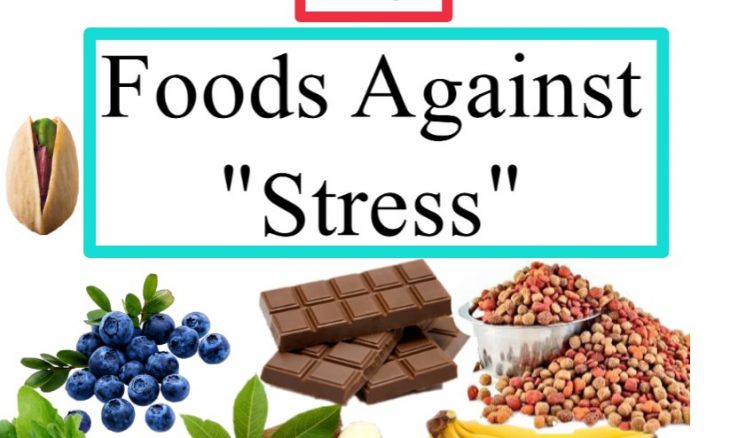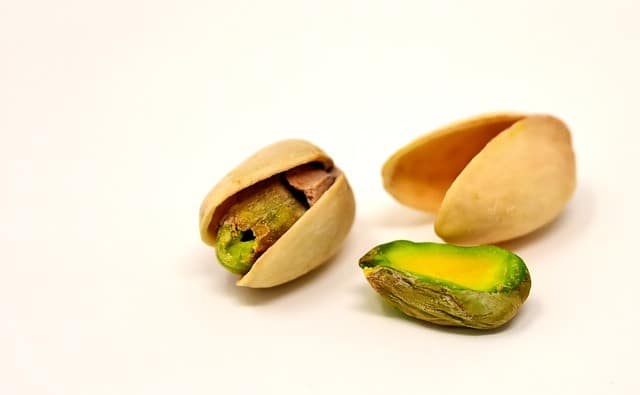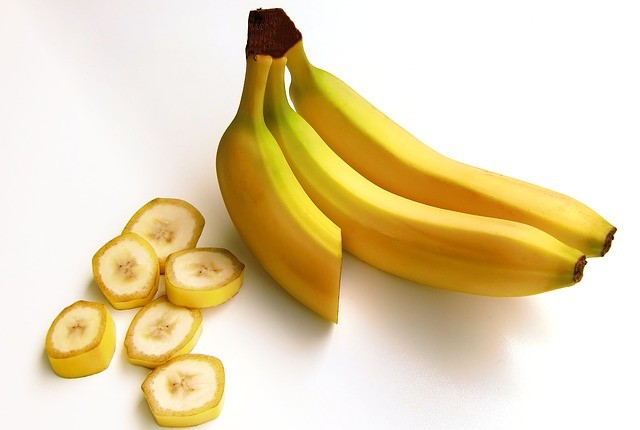
10 foods against stress
Prolonged stress ends up weakening us. To recover and overcome it, we need to replenish the substances that help produce the neurotransmitters of well-being. Stress is a physiological response to a real or imagined threat. In situations of stress, the body prepares to fight or flee, although today it is usual to suffer stress from our rhythm of life.
In any case, it is important to replenish nutrients that the body consumes more at that time: vitamin C, magnesium, calcium and omega-3 are indispensable.
Also, keep in mind that the body needs more energy resources. Therefore, when we are stressed, we feel more processed foods with hydrogenated fats and an excess of sugar or salt, momentary pleasures that unbalance the nervous system.
If we choose healthy foods, we can relieve tension, stabilize blood sugar and eliminate stress. Some baked foods help you relax and fall asleep. For example, pumpkins, sweet potatoes, potatoes, cassava …
In turn, the main objective is to maintain intestinal health to ensure the formation of the necessary neurotransmitters.
In cases of long-term stress, we can supplement the diet with some adaptogens such as ashwagandha, licorice or Rhodiola.
Read Also: 50 super healthy foods
ANTI-STRESS DIET: 10 FOODS TO SLOW DOWN
These ten foods address different needs of the organism in stressful situations, but in general, they replenish nutrients that the organism needs in greater quantity when it is tested.
-
Antioxidant blueberries
These berries, as well as other purple foods, contain anthocyanidin. These natural antioxidants help form serotonin and dopamine, the neurotransmitters that improve mood and memory, respectively.
Take a handful a day, as a snack, for breakfast or for salad.
-
Cassava so you don’t lack energy
It is ideal, like other roots and tubers such as sweet potatoes, potatoes, and squash.
By their cellular carbohydrates, they favor the response of the hormone cortisol in people with stress. Also, these hydrates increase the absorption of tryptophan, an essential amino acid, and improve serotonin levels and sleep quality.
Add cassava or other roots and tubers to your menus 4 times a week. You can roast it in the oven with a little coconut oil and salt.
-
Pistachios that protect your heart

Health Zigzag Images
Pistachios help reduce vasoconstriction and favor the functioning of the heart by dilating the arteries further. You need an extra energy supply, so you can get to consume 100 g per day.
They are ideal for a snack in moments of anxiety.
-
Oranges rich in vitamin C
Vitamin C is one of the micronutrients we need to replenish in stressful situations.
In citrus season, consume 4 to 6 oranges per week. If not, be sure to consume other foods rich in vitamin C, such as kiwi or red peppers.
Read Also: Foods Rich In Vitamin C
-
Remineralizing sesame seeds
These seeds, like pumpkin seeds, are useful for their richness in magnesium and calcium. They also provide tryptophan, the precursor amino acid of serotonin.
Take 2 tablespoons a day, preferably one for breakfast and one for dinner.
-
Chocolate to give you pleasure … And magnesium
It will be helpful for the pleasure it produces and for the substances, it forms in the brain and that nullifies the sensation of pain and depression.
The cocoa is also rich in magnesium. Of course, choose dark chocolate with very low sugar content. Enjoy 1 or 2 ounces a day, preferably in the morning.
Read Also: Health benefits of dark chocolate
-
Sauerkraut, food for good bacteria
The fermented ones are a source of health and keep the intestine in perfect condition, something very necessary to strengthen itself in the face of stress. Add 1 tablespoon a day to your routine, in salads or vegetable dishes.
Throughout the day or week, also add other beverages or fermented foods, such as water kefir, apple cider vinegar, miso or tamari, tempeh, kombucha.
-
Bananas, save you at any time!

They provide potassium and tryptophan. Also, if they are not mature, they have a prebiotic starch that feeds the bacteria that regenerate the intestinal flora, in which 90% of the serotonin that our body produces is manufactured.
Eat 4 to 6 bananas per week.
-
Lentils for your nerves
This and other legumes are foods rich in B vitamins, essential for proper brain function. They are also rich in fiber and magnesium, an important mineral against stress.
The same goes for cereals. Also, incorporate whole grains into your menu. Be sure to consume lentils or other legumes at least three or four times a week.
-
Spinach and other green leaves
The spinach and green leafy vegetables can not miss daily for their contribution of magnesium, a mineral that is consumed more in times of stress.
Furthermore, due to their richness in folic acid, they contribute to the formation of neurotransmitters. Eat spinach 3 times a week and combine them with other green leaves, such as cabbage, chard or lettuce, among others.
Read Also: Health benefits of spinach
The Bottom Line:
Blueberries, casava, pistachios, oranges, sesame seeds, sauerkraut, dark chocolate, bananas, lentils, and green leaves are very good foods for stress. You can include them in your daily routine diet for the best results.




